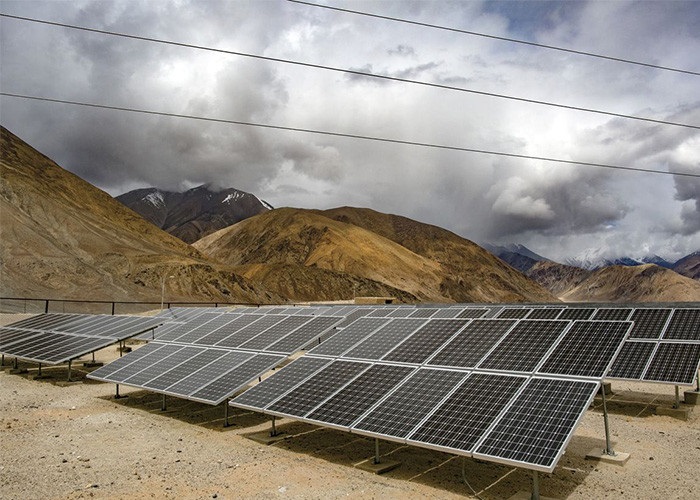The higher the Imp (maximum point current) of a solar panel, the better, but that’s not the only factor to consider. Imp is the current value at the maximum current point in the current-voltage curve, which represents the maximum current that the solar panel can provide under given lighting conditions.
However, the performance of solar panels does not only depend on Imp, but also on other factors, including Vmp (maximum voltage point voltage), Isc (short circuit current), Voc (open circuit voltage), and efficiency. These parameters are usually listed in the solar panel’s specification sheet.
To determine whether a solar panel is suitable for a specific application, there are several factors to consider.
- Maximum power point (Pmax): Pmax is Imp multiplied by Vmp, indicating the maximum power that the solar panel can provide at the optimal operating point. When choosing a panel, you need to consider Pmax, as it determines the actual power generation capacity of the panel.
- Efficiency: Efficiency indicates how efficiently a solar panel converts solar energy into electricity. High-efficiency panels produce more power under given lighting conditions.
- Lighting conditions: The performance of solar panels is affected by light conditions. Lighting conditions will vary in different regions and seasons. Therefore, the appropriate panel needs to be selected based on the specific application location.
- Cost: The cost of solar panels is also an important consideration. High-performance panels typically cost more, but may also result in greater energy savings and returns over the long term.
Therefore, while a higher Imp is usually a good indicator, when selecting a solar panel, other performance parameters need to be considered to meet the needs of the specific application. Different applications may require panels with different performance, for example, for a home photovoltaic system and a solar cell power station, the performance needs may be different.


